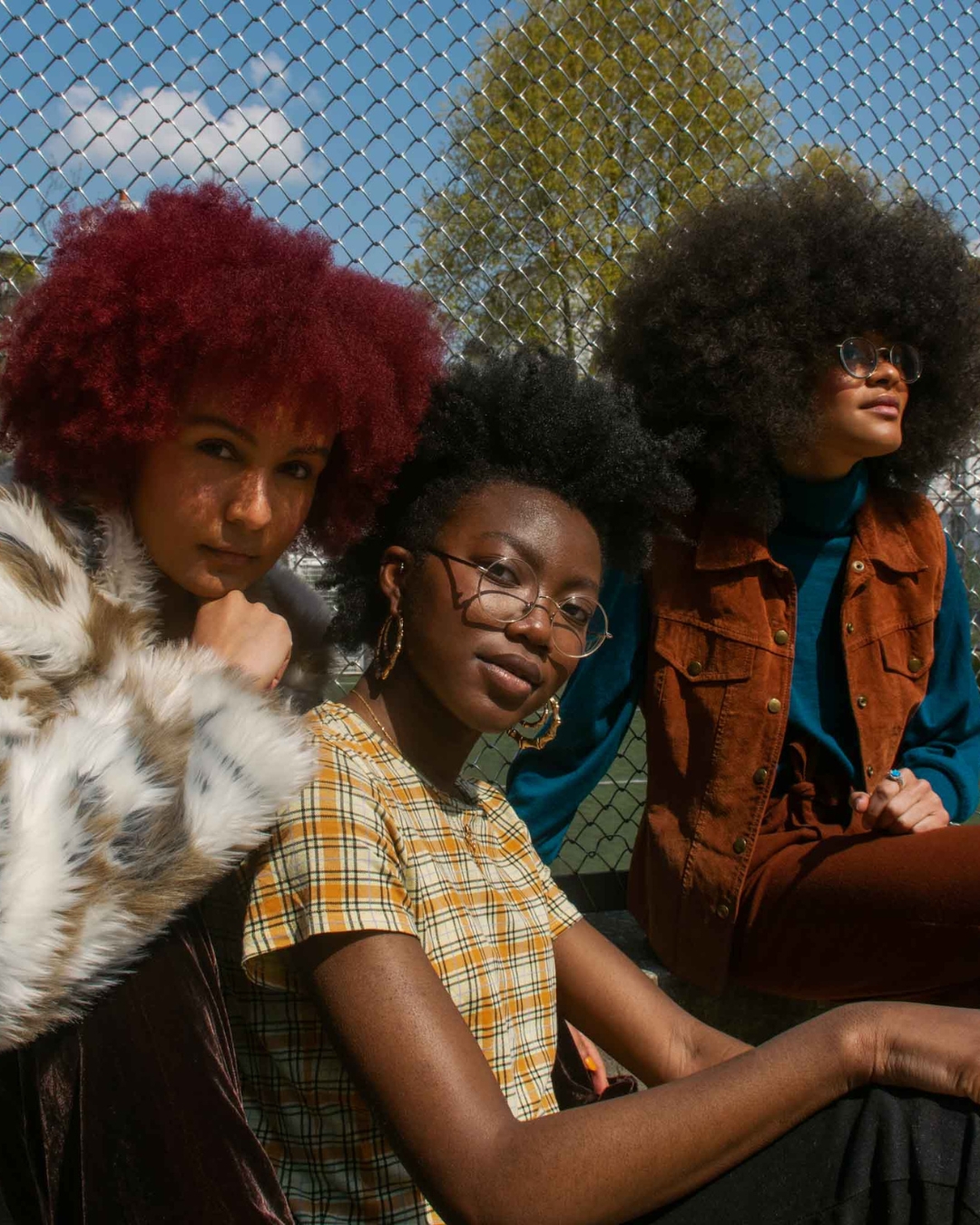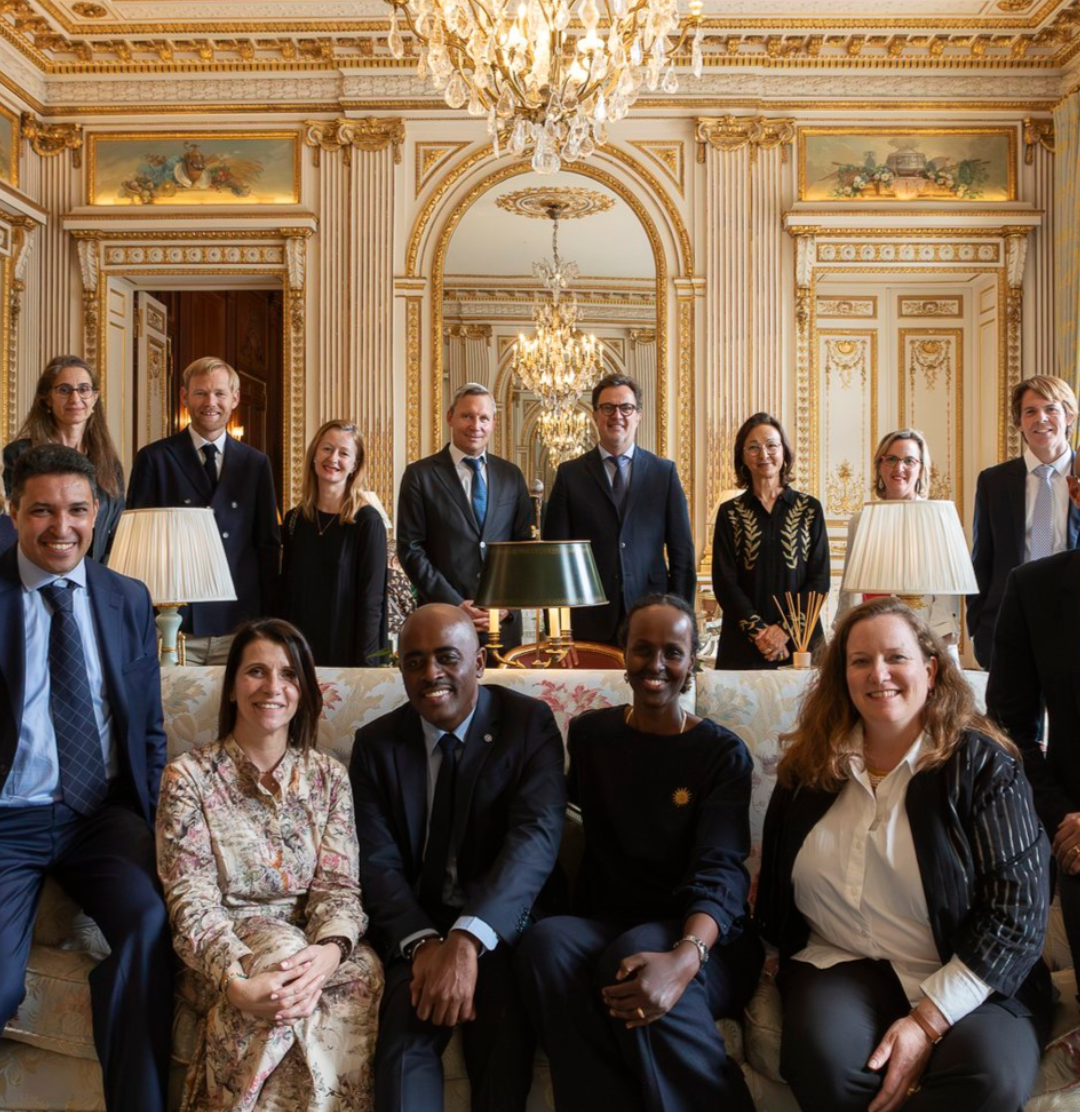The potential of the African-American beauty market in 2024
At the latest The Colors Business Dinner on June 4, the Nielsen IQ teams presented their latest study on the African-American beauty market in the United States. They shared essential insights for understanding market trends and identifying opportunities in a high-potential market segment. On our Africa Fashion Tour media, we highlight these dynamics to better understand and value the impact of African fashion on the global market.
This 2024 study highlights the growing impact of the African-American community on this sector. With a growing population and significant purchasing power, African-Americans are redefining the standards and expectations of the beauty industry.
A young and growing African-American population
African-Americans represent 14% of the American population, or around 47 million people. This community is not only growing, but also relatively young, with an average age of 33 compared to 38 for the rest of the American population. What’s more, 45% of African-Americans are under 30, indicating a demographic dynamic that will influence consumer trends in the years to come. African-American households are often stable and married, with a median income of $46,000, although this is lower than the national average of $75,000.
A growing purchasing budget
With purchasing power reaching $1.6 trillion, the African-American community is a major economic player. In the beauty sector, spending by African-Americans reached $9.4 billion, a figure that is constantly rising. This growth is supported by an increase in spending, both in terms of dollars spent and in volume and number of buyers. Inflation plays a role in this increase, but it’s also important to point out that African-Americans have a propensity to buy premium and luxury products. Online sales are experiencing strong growth in the beauty sector, and African-Americans are actively participating. This trend reflects a rapid adaptation to new technologies and a preference for more convenient and accessible purchasing channels.
Pride and cultural identity
African-Americans are deeply proud of their history and identity. This pride manifests itself in their consumer choices, where there is a growing tendency to favor African-American brands and support companies that value their cultural heritage. It is important to be able to distinguish in marketing discourse not only African-Americans, but also black people from Latin America and the West Indies. One notable aspect of the study reveals that 54% of African-Americans believe that capitalism is not favorable to them. This perception influences their purchasing decisions, driving them to support brands that share their values and contribute positively to their community. There is a marked desire to favor African-American brands, perceived as more authentic and socially committed.
The African-American Beauty in 2024 study demonstrates that this community is an essential pillar of the U.S. beauty market. With significant purchasing power and a tendency to favor premium and luxury products, African-Americans are redefining industry standards. Their cultural pride and critical perspective on capitalism drive them to support brands that value their identity and heritage. The beauty industry must therefore continue to evolve and adapt to meet the needs and expectations of this dynamic and influential community.
Dsm-firmenich x The Colors partnership
Every quarter, Haweya Mohamed and Ammin Youssouf bring together experts from the beauty sector for an evening of conferences, culminating in a networking dinner. A unique concept to bring together investors and project leaders in the sector. Last week at the Cercle de l’Union interalliée, The Colors and Dsm-firmenich announced their partnership to promote the emergence of beauty brands and products adapted to the needs of all consumers. As a major player in the fragrance and beauty sector, Dsm-firmenich is joining forces with The Colors to form a support ecosystem for quality entrepreneurs.
Read also



